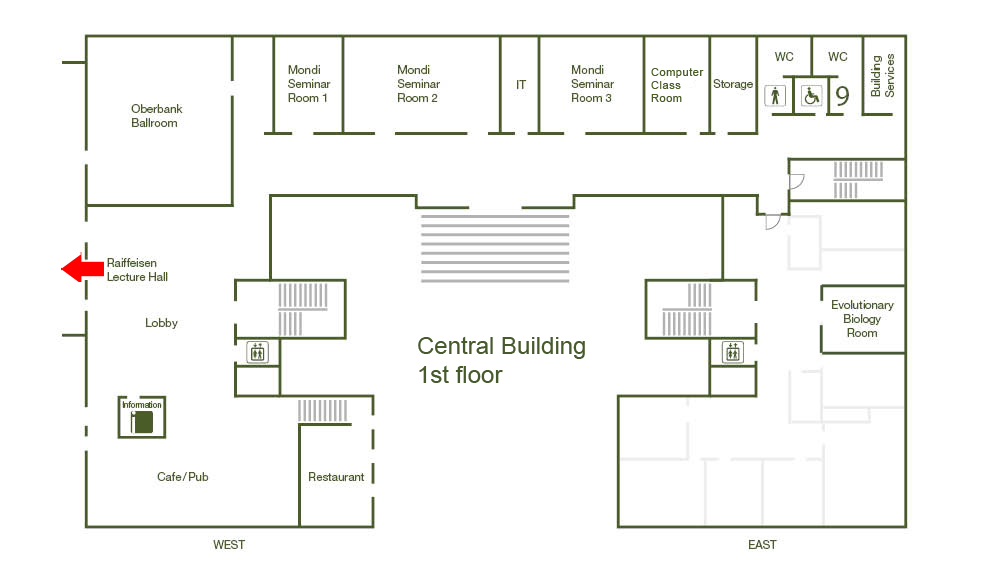Dr. Salil Vadhan "Differential privacy: from theory to practice and back"

Since it was introduced in 2006 by theoretical computer scientists Dwork, McSherry, Nissim, and Smith, differential privacy has become the leading framework for ensuring that individual-level information is not leaked through statistical releases or machine learning models built from sensitive datasets. In addition to a rich theoretical literature, differential privacy has also started to make the transition to practice, with large-scale applications by the US Census Bureau and technology companies like Google, Apple, Microsoft, and Meta. After giving some of this background, I will describe OpenDP, a community effort to advance the practice of differential privacy that we have been building over the past few years. In particular, OpenDP is developing a trustworthy and open-source suite of differential privacy tools that can be easily adopted by custodians of sensitive data to make it available for research and exploration in the public interest. Finally, I will give a taste of some of the intriguing research questions that this effort to bring differential privacy to practice has raised.
Bio: Salil Vadhan is the Vicky Joseph Professor of Computer Science and Applied Mathematics at the Harvard John A. Paulson School of Engineering & Applied Sciences, and Faculty Co-director of the OpenDP open-source software project. Vadhans research in theoretical computer science spans computational complexity, data privacy, and cryptography.
His honors include a Simons Investigator Award, a Gdel Prize, a Harvard College Professorship, and a Guggenheim Fellowship.